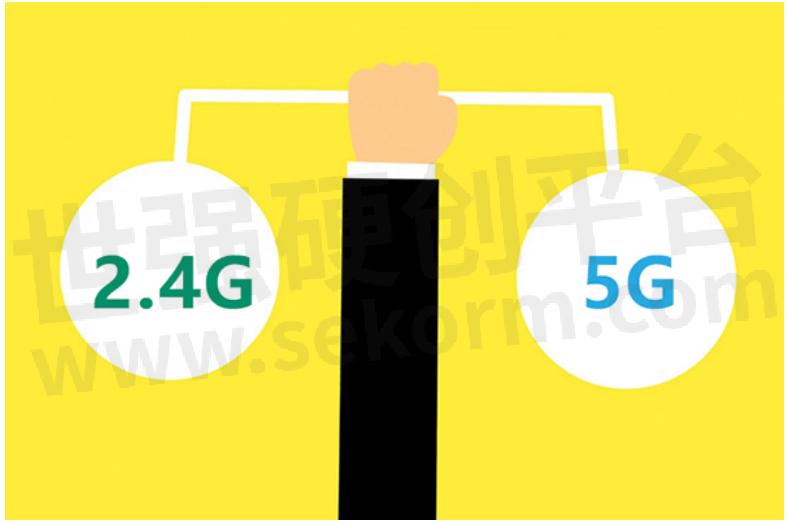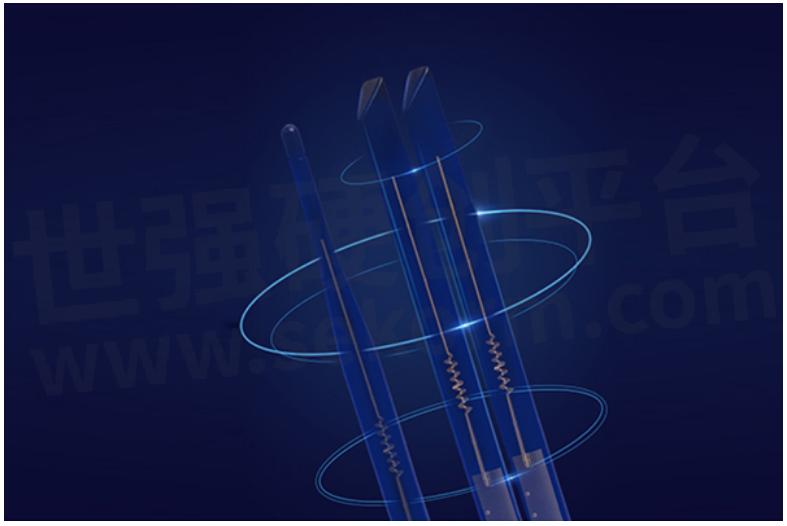What Are the Factors That Affect the Signal of Industrial Cellular Routers?

The industrial cellular router is so versatile that it has become an indispensable part of industrial projects. The emergence of industrial routers makes industrial production more intelligent. It has the characteristics of saving cost and high efficiency and is deeply loved by everyone. In practical applications, project personnel will encounter problems such as weak signal strength of industrial routers. How to ensure or even increase the signal of industrial routers as much as possible? What are the factors that affect the signal of industrial routers?
The problems that affect the signal strength of the industrial cellular router are described as follows:
5G industrial router frequency band and 2.4G router frequency band.
The maximum transmission rate of 5G can reach 10Gbps. The maximum transmission rate of 2.4G is 300Mbps, which is widely used, relatively low in price, and more vulnerable to interference than 5G.
5G industrial routers are faster than 2.4G industrial routers and can meet higher network transmission requirements. However, the price of 5G industrial routers is relatively high, while requiring higher network environment requirements, such as higher network bandwidth and better signal coverage. When choosing an industrial router, it is necessary to select the appropriate frequency band and equipment according to the actual needs and network environment.

Weather factors: Indoor home routers are relatively better, while the signal strength of outdoor industrial routers is more affected by the weather. High air humidity will block the transmission of wireless signals.
Industrial routers will have signal problems due to weather changes and will change the transmission rate of signals due to weather changes. Rainy or foggy weather will affect the transmission rate of the industrial cellular router, which will certainly affect the transmission of wireless signals. Generally speaking, the indoor signal is much better than the outdoor signal.

Space factor: The signal in the open area is better than that in the indoor area, which is affected by the indoor walls and obstacles. The thicker the wall, the stronger the reduction of wireless signals and the resistance of reinforced concrete wall is stronger than that of soil wall. When using routers at home, metal obstacles also have a greater impact on router signals.
The environmental signal without obstacles must be stronger, and the thicker the obstacle, the weaker the penetration of the signal. For example, if metal obstacles are placed between the equipment and the industrial router, the signal will be greatly weakened. The resistance of reinforced concrete walls to signals is higher than that of ordinary earth walls.

Size of transmission power
The greater the transmission power of the industrial cellular router, the stronger the signal, the longer the transmission distance, and the ability to penetrate walls will be enhanced accordingly. However, the transmission power of the router is not the greater the better. The greater the power, the greater the radiation, which is harmful to the human body. However, industrial routers with relatively high power within the appropriate range of values can make the signal stronger, the transmission rate faster, and the penetration stronger.

High-gain antenna support
Industrial routers equipped with high-gain antennas make industrial routers more powerful. With the support of a high-gain antenna, the signal of the industrial router is stronger, more stable, more penetrating, and faster.
Knowing what factors affect the industrial cellular router signal, we can take targeted measures to improve signal strength when using industrial routers. For example, the use of high-power, gain antennas, or routers in series to enhance the coverage and strength of the signal, to bring a more comfortable Internet experience.

- +1 Like
- Add to Favorites
Recommend
- What is the Appropriate Speed and The Typical Power for Industrial Cellular Routers?
- Standards and Functions of Industrial Cellular Routers
- The Difference Between Industrial Routers and Home Routers
- Reasons for Good Wall Penetration Performance of 5G Cellular Routers
- The Distinguishing Differences Between 4G LTE Routers and Industrial 4G Routers
- Why Enterprises Choose 4G cellular routers?
- DDNS Function in Industrial Routers: Deep Analysis and Application Practice
- The Core Role and Application Examples of Cellular Routers
This document is provided by Sekorm Platform for VIP exclusive service. The copyright is owned by Sekorm. Without authorization, any medias, websites or individual are not allowed to reprint. When authorizing the reprint, the link of www.sekorm.com must be indicated.





























































































































































































































































































































































































































































































































































































































































































































































































































































































